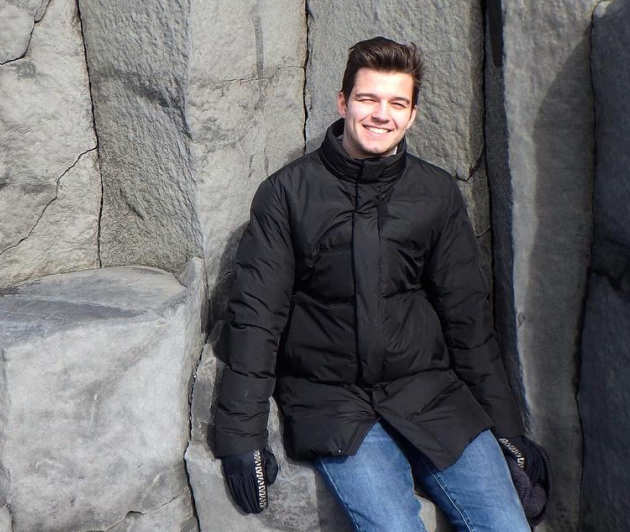"By the end of the second year, you begin to think like an engineer. "
I chose mechanical engineering because, like most, I enjoyed maths and physics at school. I also thought that I had a knack for the practical skills required for engineering. I had  spent much of my time in school as a racing cyclist and had always been interested in the mechanical workings of my bikes. Much to my parents’ dismay, I was always taking apart and fixing my bikes - and frankly anything else I could get my hands on. This illustrated to me that I had the appetite for all things engineering-y. I was drawn to Imperial for a few reasons; the prestige of the College, the central London location and the eclectic mix of people and cultures studying at the university. For me, it was an easy choice to leave my rural Lincolnshire life and move to the big city for a new challenge.
spent much of my time in school as a racing cyclist and had always been interested in the mechanical workings of my bikes. Much to my parents’ dismay, I was always taking apart and fixing my bikes - and frankly anything else I could get my hands on. This illustrated to me that I had the appetite for all things engineering-y. I was drawn to Imperial for a few reasons; the prestige of the College, the central London location and the eclectic mix of people and cultures studying at the university. For me, it was an easy choice to leave my rural Lincolnshire life and move to the big city for a new challenge.
I’d say that I have enjoyed the course a tremendous amount, although the first two years were daunting and there are lots of new things to adapt to. In these years, the content of the course is quite prescribed and there’s a lot to cover. The majority of the learning is in delivered in lectures and labs, which you then have to consolidate in your own time. It can be tricky to manage your time with societies, commuting, and friends but everyone gets the hang of it and people are always willing to help, whether that be staff or fellow students.
By the end of the second year, you begin to think like an engineer. You’ve learnt enough to equip you and help tackle engineering problems in a sensible and logical way. It’s at this point that most people come into themselves, I know I certainly did. Being able to choose your modules enables you to explore your interests deeper and then you get to fully exploit this through larger projects like DMT (Design, Make, and Test).
DMT has been a course highlight for me, I worked on the electric vehicle battery design for Imperial Racing Green. This has been the most important thing I’ve partaken in throughout the course, both for my personal and professional development. It really teaches you how to manage yourself in terms of time, communication, and management of a large project that lasts throughout the third year.
My advice for prospective students is to really try to get involved! There are many things at Imperial that can pass you by if you let them – do societies, see London, go out with friends, get involved in extra-curriculars relevant to your course – it will all help!
Once I leave Imperial I intend to work with electric vehicles, hopefully designing battery packs.